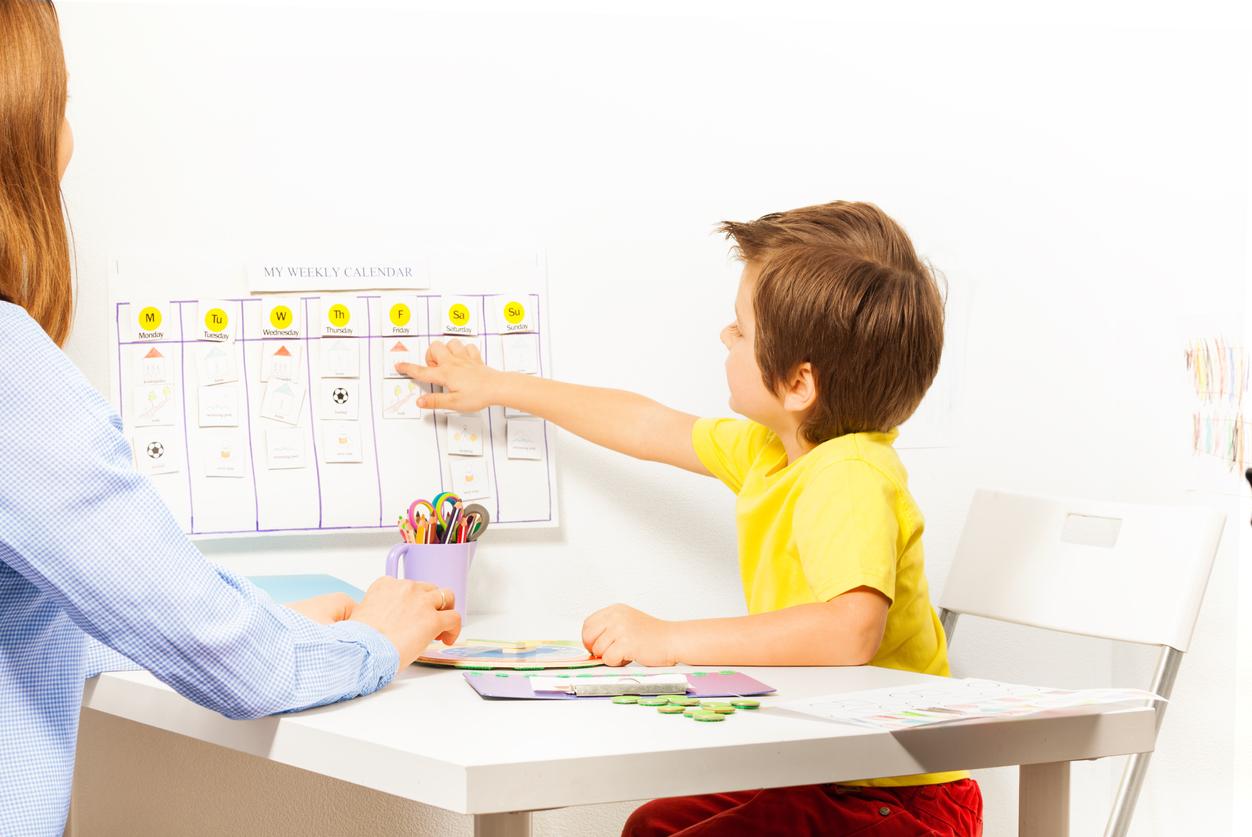Helping your child develop organizational skills is a valuable investment in their future.

- A child’s sense of organization is a crucial skill for their success in school and in daily life.
- With support and encouragement, he can develop a solid foundation for an organized and productive life.
- To help your child understand the concept of time, for example, plan a specific time for each task: “Tidy your room for 15 minutes, then you can play.”
Developing a child’s organizational skills is a crucial skill for their success in school and in daily life. It allows him to evaluate tasks, set priorities, manage his time and work efficiently. With support and encouragement, he can develop a solid foundation for an organized and productive life.
Set priorities
The first step in helping your child develop organizational skills is to help them determine which tasks take priority. When faced with a set of homework or responsibilities at home, ask him questions that push him to think.
For example, ask him if it is more important to finish the assignment due the next day or to prepare for a dictation that will take place in three days. By teaching him to evaluate and prioritize tasks, you give him an essential tool to manage his time and responsibilities.
Establish a routine
A well-established daily routine is a pillar of organization. Working with your child to determine the best way to structure their after-school day can be extremely beneficial.
Discuss together the ideal time to do homework, have a snack, and accomplish other tasks. This routine will help your child learn to work step by step, remember responsibilities, and develop good organizational habits.
Time management and using a calendar
Time management is an important skill that comes from being organized. Help your child understand the concept of time by planning a specific time for each task. For example, say, “Tidy your room for 15 minutes, then you can play.” Using a timer can be helpful in maintaining concentration.
Finally, a school calendar or diary can be a great tool to help your child remember their homework and commitments. He can write down his daily tasks and use color codes to distinguish them. Encourage him to check off the tasks he has completed to reinforce his sense of accomplishment.
Find out more: “I help my child to get organized: Advice, tips and tools to progress towards autonomy” by Stéphanie Bujon and Laurence Einfalt.















